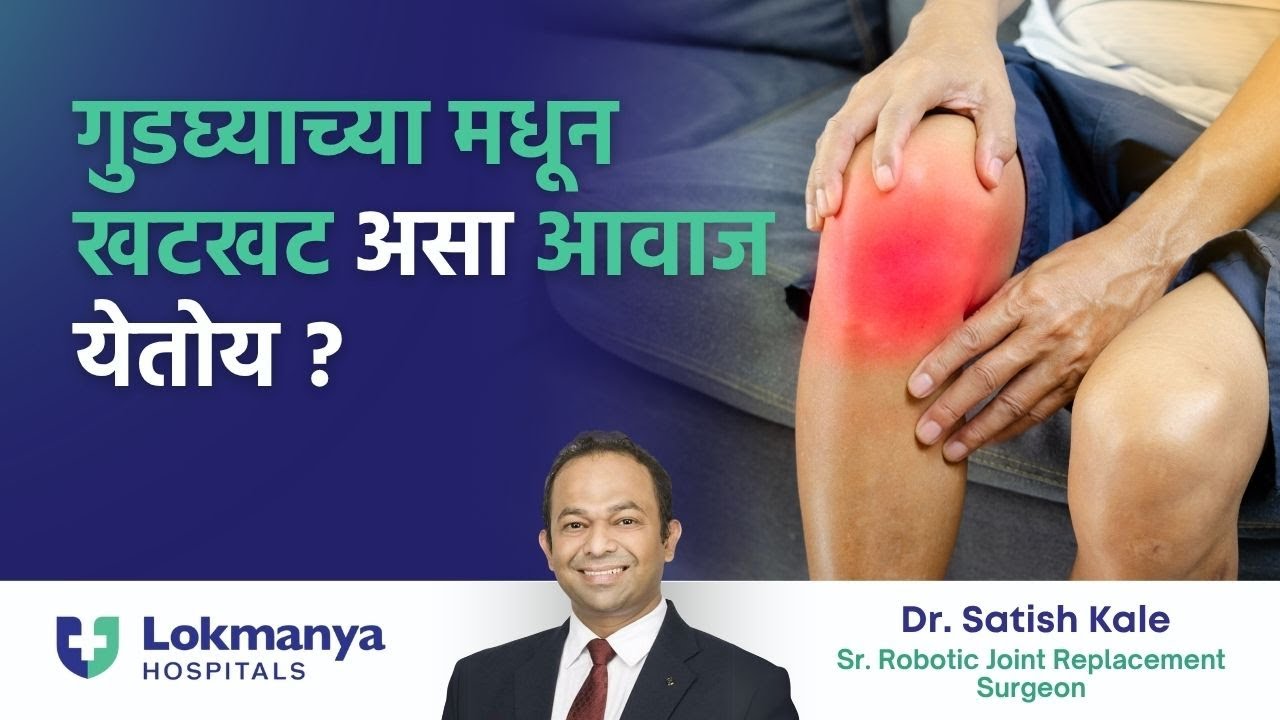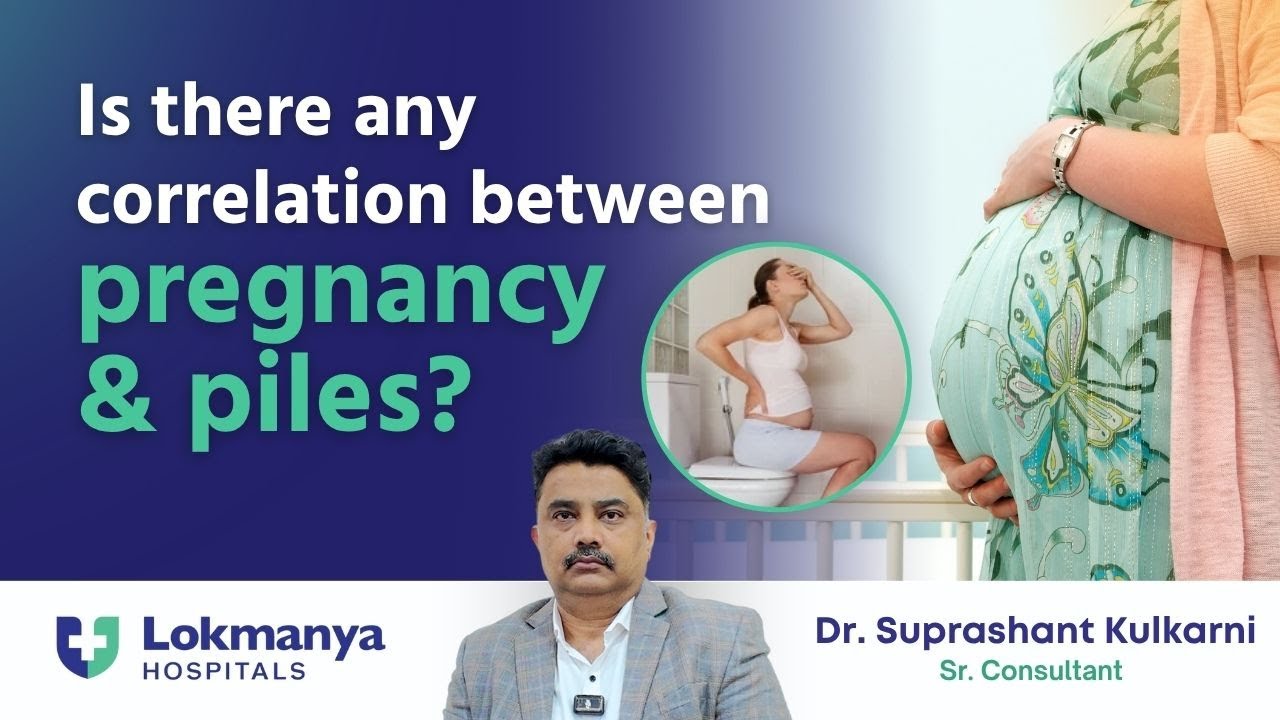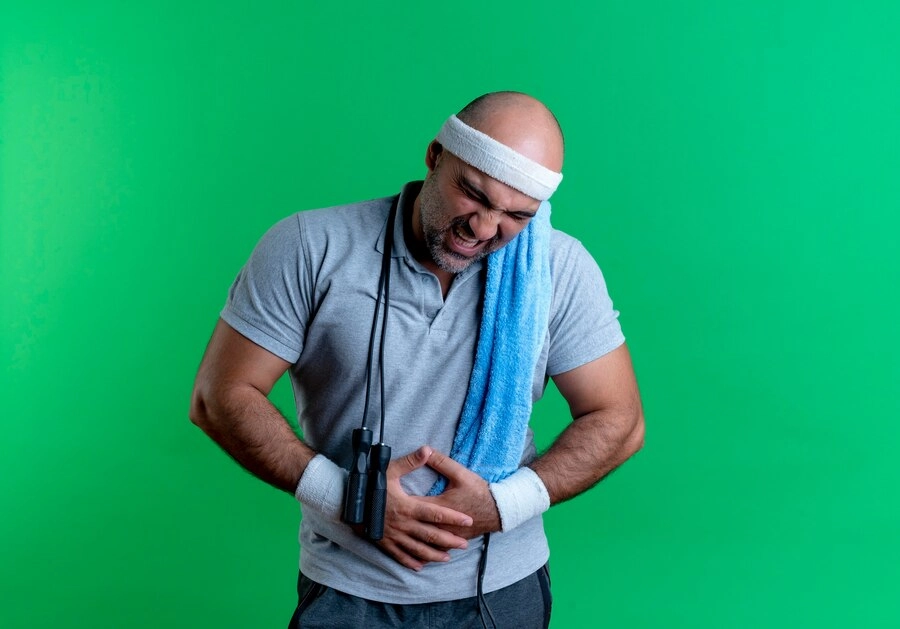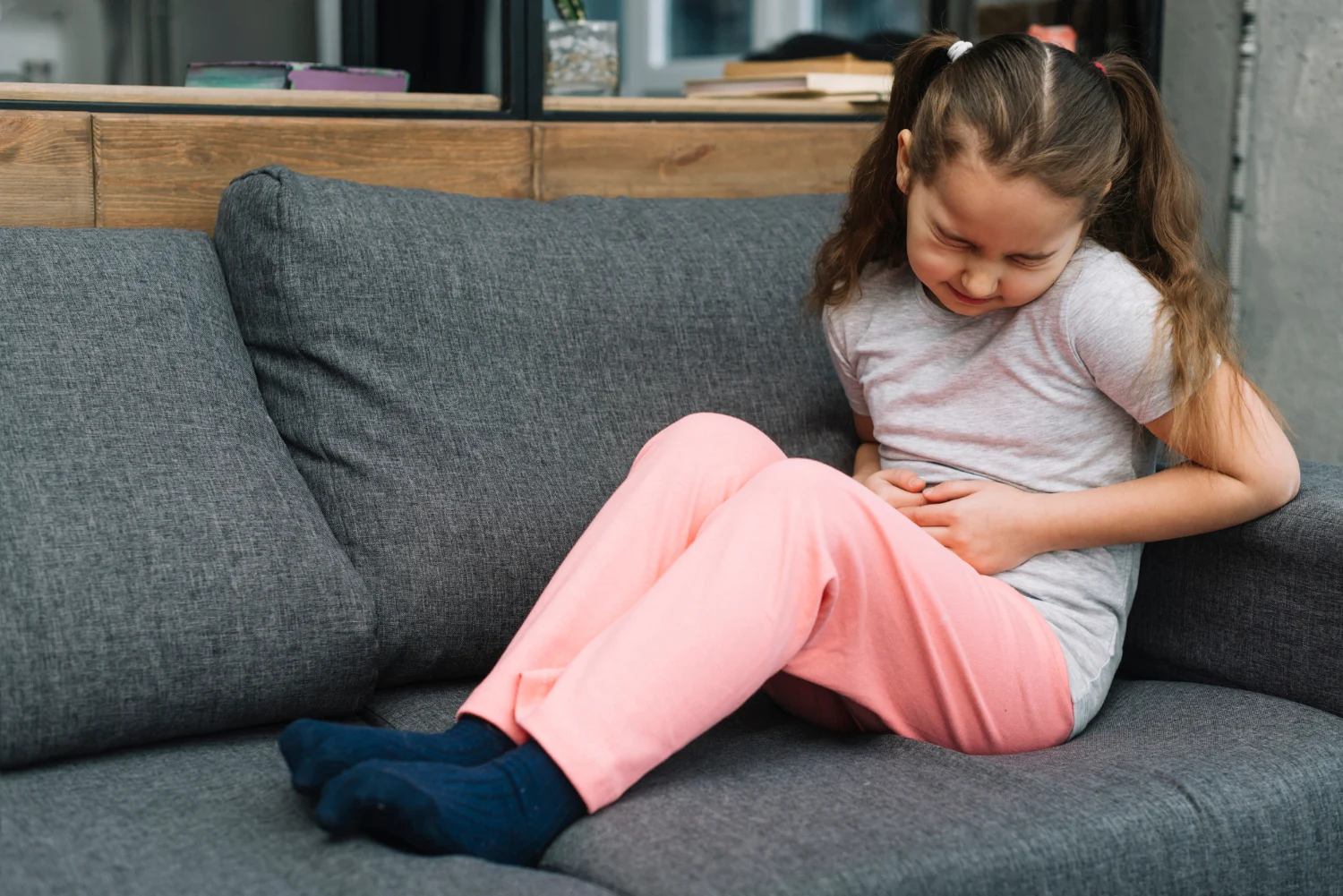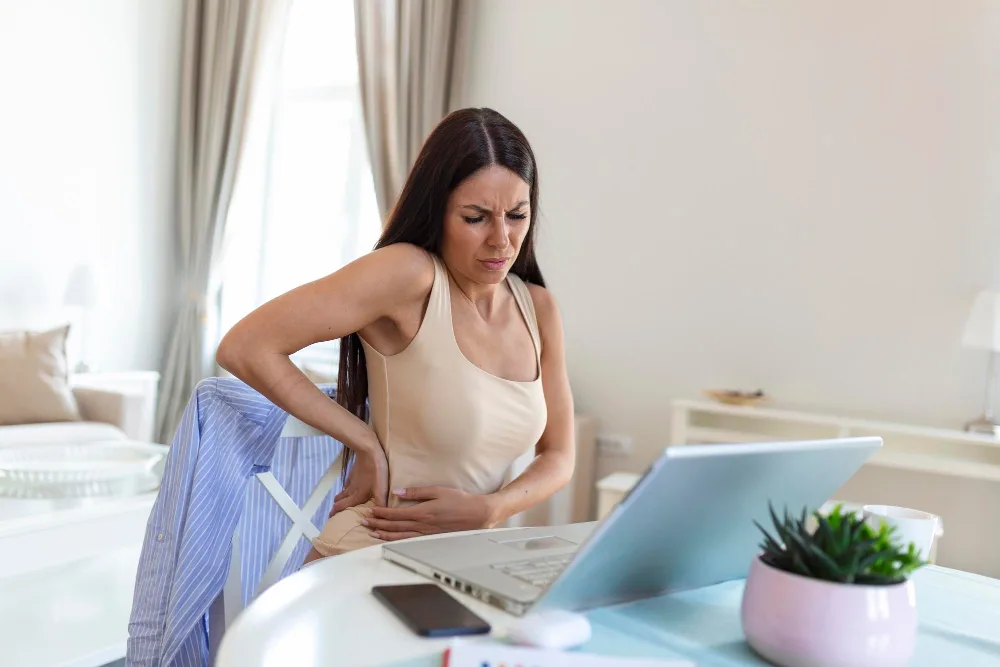Is There a Link Between Pregnancy and Piles?
Category: General SurgeryGynecology & Women’s Health
Piles, also known as hemorrhoids, are a common concern for many women during pregnancy. But is there a direct connection between the two? Dr. Suprashant Kulkarni, a General, Laparoscopic, and Robotic Surgeon at Lokmanya Group of Hospitals, shares insights on how pregnancy can contribute to piles and what expecting mothers can do to prevent it.
Understanding the Connection Between Pregnancy and Piles
Dr. Suprashant Kulkarni, General, Laparoscopic, and Robotic Surgeon at Lokmanya Group of Hospitals, discusses whether there is a link between pregnancy and piles. Many women wonder if pregnancy has any direct effect on the development of piles, also known as hemorrhoids.
During pregnancy, as the fetus grows in the womb, it exerts pressure on surrounding organs. This pressure often affects the urinary bladder in front and the large intestine at the back, where waste accumulates. Due to this pressure, many pregnant women experience difficulty in passing stool.
Constipation and Dietary Impact in Pregnancy
In the first three to four months of pregnancy, many women experience vomiting and nausea. This leads to a poor diet and often results in a lack of high-fiber foods. The absence of fiber and inadequate hydration can result in hard stools.
Hard stools are one of the major causes of piles and anal fissures. Therefore, it becomes essential for pregnant women to follow a high-fiber diet, drink sufficient water, and maintain regular exercise. These simple measures can go a long way in preventing piles and fissures during pregnancy.
For further questions or more information, viewers are encouraged to leave a comment, and Dr. Kulkarni or his team will respond.
Conclusion
Piles and fissures during pregnancy are often the result of preventable issues like constipation and poor dietary habits. Dr. Kulkarni emphasizes the importance of a balanced routine involving fiber intake, hydration, and regular movement. With the right care, these issues can be effectively managed during pregnancy.
FAQs
1. Can pregnancy cause piles?
Yes, the pressure of the growing fetus can lead to constipation, which may cause piles.
2. Why does constipation occur during pregnancy?
Constipation may result from fetal pressure on the intestines and poor dietary habits due to vomiting in early pregnancy.
3. What diet helps prevent piles in pregnancy?
A high-fiber diet and increased water intake are essential to prevent hard stools and piles.
4. Is it normal to have piles during the first trimester?
It is not uncommon due to vomiting and poor nutrition, but it can be managed with the right diet.
5. Can piles be prevented during pregnancy?
Yes, with proper hydration, fiber-rich foods, and regular exercise, piles can be prevented.
6. Do all pregnant women get piles?
No, not all, but many may develop them due to pressure and lifestyle factors during pregnancy.
7. Whom should I consult for piles during pregnancy?
A general, laparoscopic, or robotic surgeon like Dr. Suprashant Kulkarni can provide guidance and treatment.

Previous blog
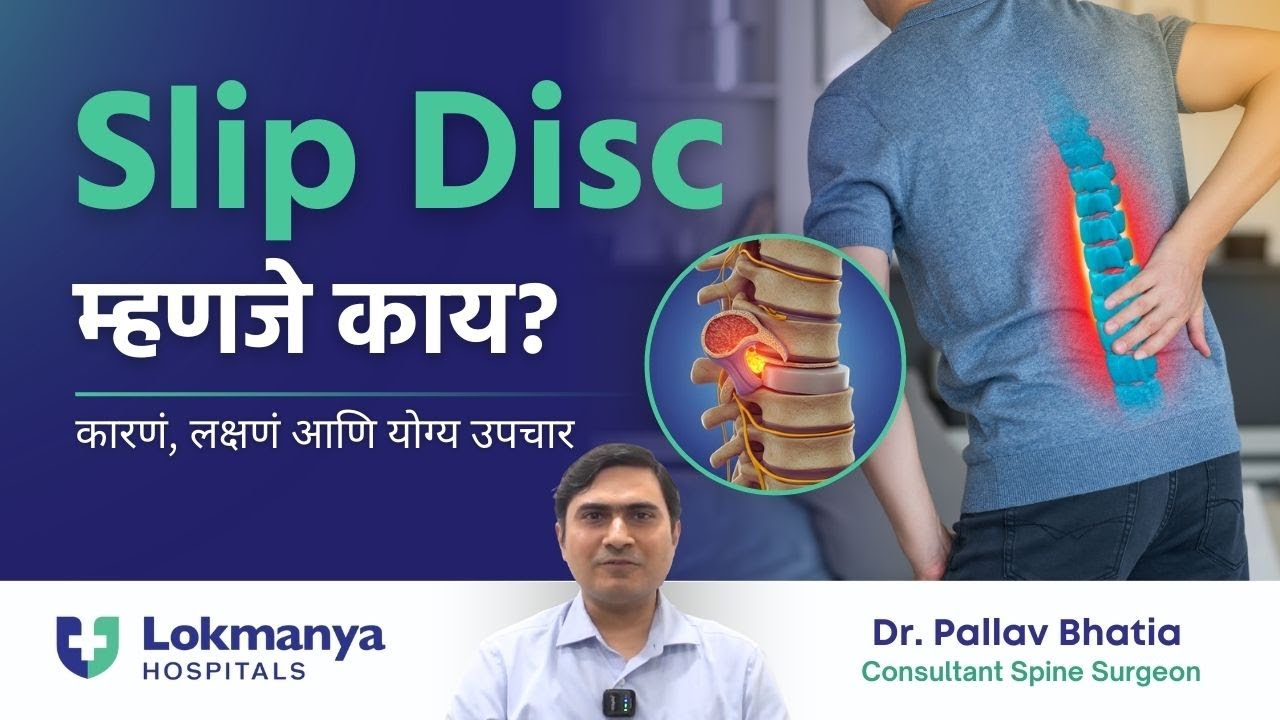
What Is Slip Disc - Explained By Dr. Pallav Bhatia
Next blog
